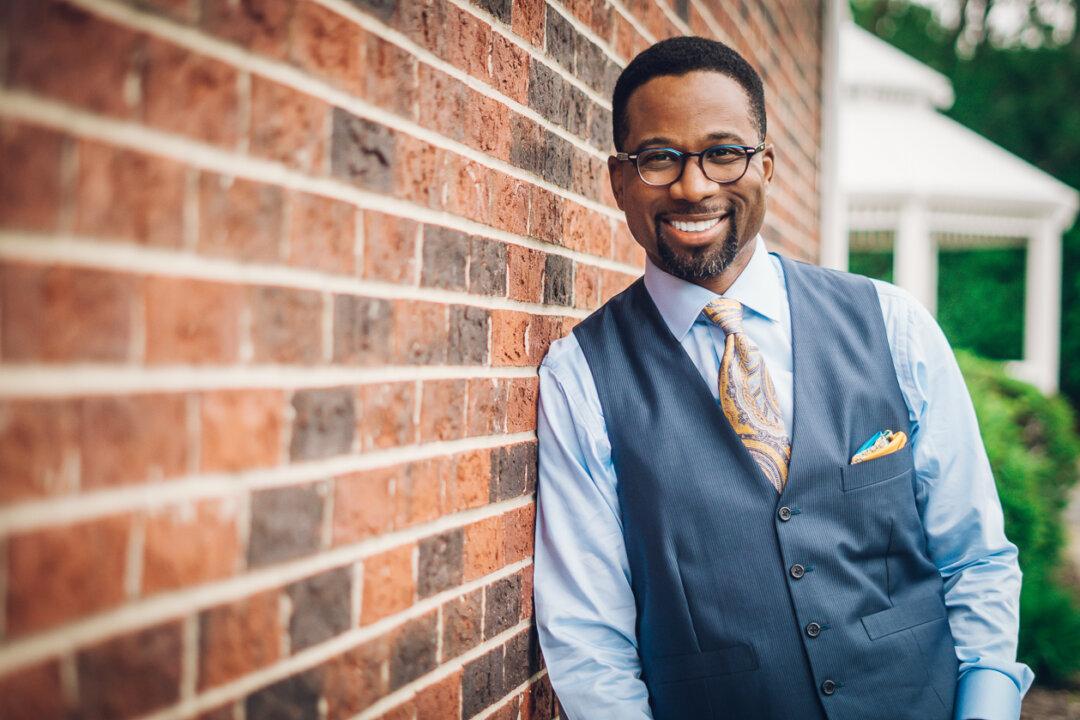Shundrawn Thomas’s father worked in the steel mills in the Midwest, and when Thomas was a child, the mills closed down. But his father continued to work. He immediately picked up a job cleaning floors at a hospital, even though the work was so far from his training in mechanical engineering from when he was in the Air Force.
“He taught me very early on that there was dignity in all work, and the importance of not just solely thinking about the role,” Thomas said. From age 11 or so, Thomas ran his own little lawn mowing business in the neighborhood, which turned out to be far from profitable because he hadn’t figured out how to price things correctly. Then during the winters, he pivoted the business to shoveling snow. One of his first jobs during high school was selling TV guides via telemarketing.






